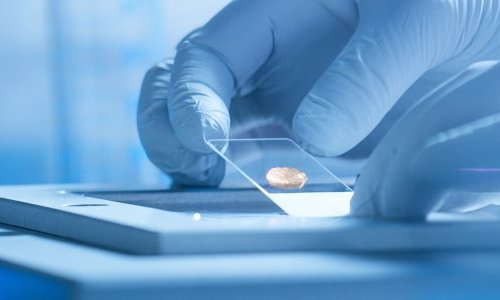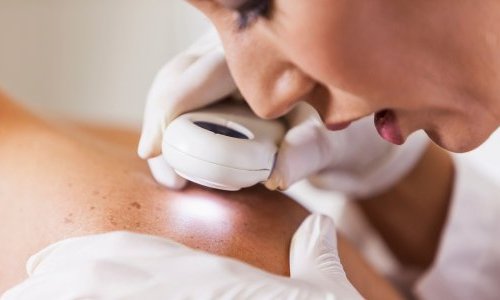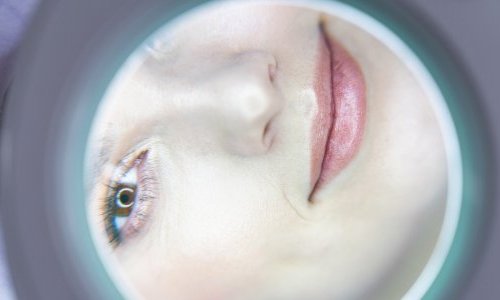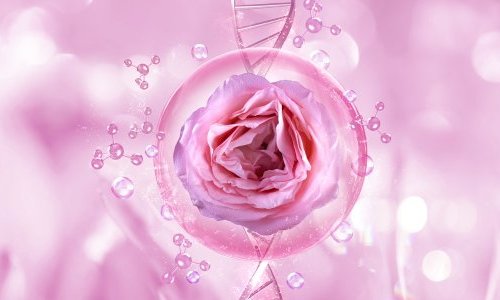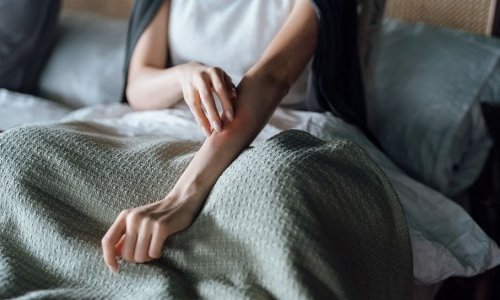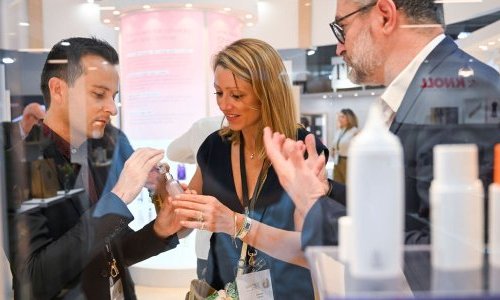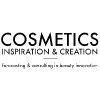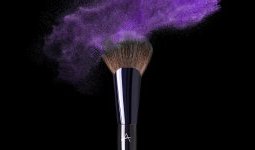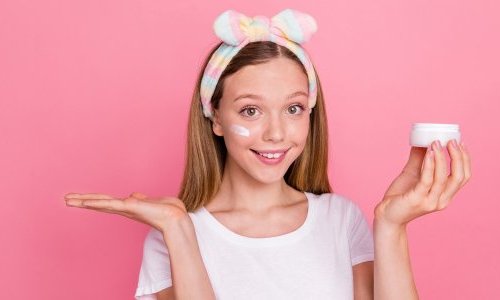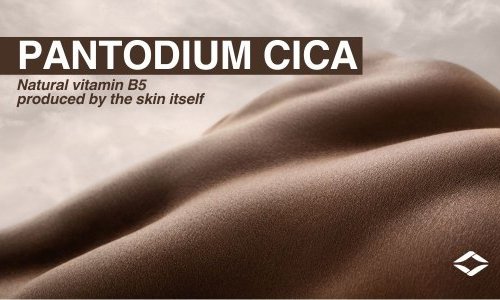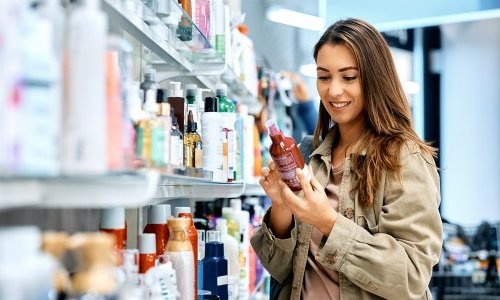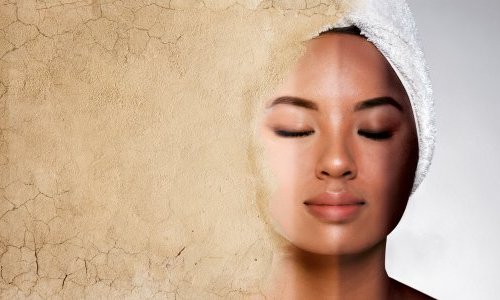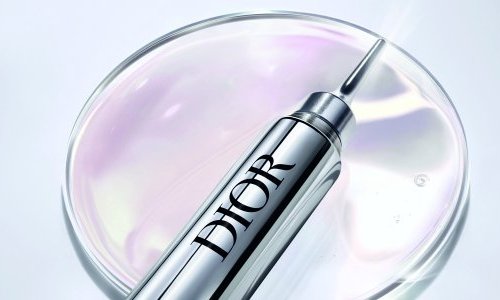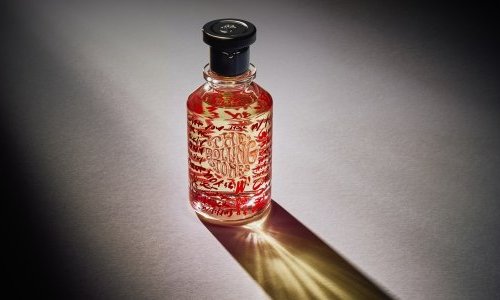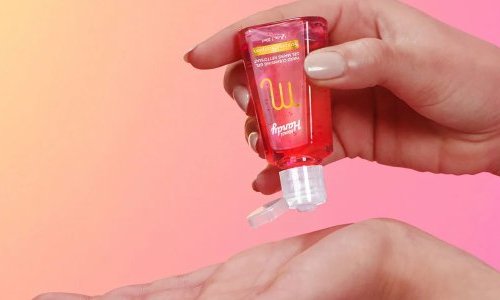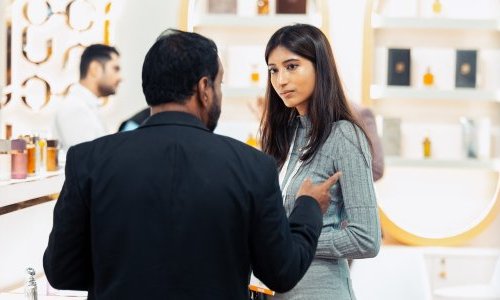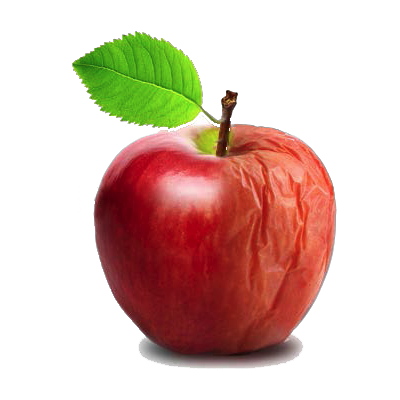
First, Marie-Thérèse Lecci, of the Grenoble university hospital, reiterated the clinical aspects of skin ageing. “Skin ageing is influenced by two main factors: one is intrinsic and related to our biological clock, the other is extrinsic and depends on the sun, tobacco, pollution, our diet, and drugs.” The list of impacting criteria is long and completed by lifestyle changes. Recent studies conducted by Gattefossé showed that screen-related light stress slows down the cell metabolism and causes important damage on the ATP.
Following up skin ageing
Skin ageing can be followed up with “-omic” analyses, which help understand physiological mechanisms and identify relevant biomarkers. As Mathieu Hébert, of Laboratoire Hubert Curien, explained, contact-free, non-invasive volume imaging makes it possible to visualize the dermo-epidermal junction. “We have also modelled an average face to characterize the ptosis phenomena based on spectral and hyperspectral imaging,” he emphasized.
The CEA evaluates rosacea and complexion radiance by Diffuse Reflectance Spectroscopy.
Then, Catherine Bosser, of the Lyon École Centrale Laboratory of Tribology and Systems Dynamics (LTDS), suggested the SILT (Skin Index of Living Tissue) based on the elastin/collagen ratio calculation, for which a patent was registered.
Acting on skin ageing
Scientific progress makes it possible to offer more and more, increasingly diversified cosmetic treatments to fight against ageing based on increasingly solid scientific work. Players in this field do not hesitate to invest in advanced research programmes to develop the best-adapted product. BASF collaborated with the Lyon Laboratory of Tissue Biology and Therapeutic Engineering (LBTI) on research related to the maintenance of skin elasticity. As for Gattefossé, they worked with the Grenoble CEA on UVA genotoxicity.
Today, the trend is towards ageing well and wellness, as opposed to the cult of appearance. Yet, one can wonder whether it is actually necessary to offer women consumers ever-more innovative solutions against skin ageing. According to a study conducted by the Inter-University Laboratory of Psychology of the University of Grenoble-Alpes and presented by Anna Tcherkassof, “out of 115 women aged 49 on average, 2/3 are satisfied with their own face, while 1/3 are not. They admit a face looks more attractive when it is perceived as young.” This argument will actually do to keep investigating skin ageing.

